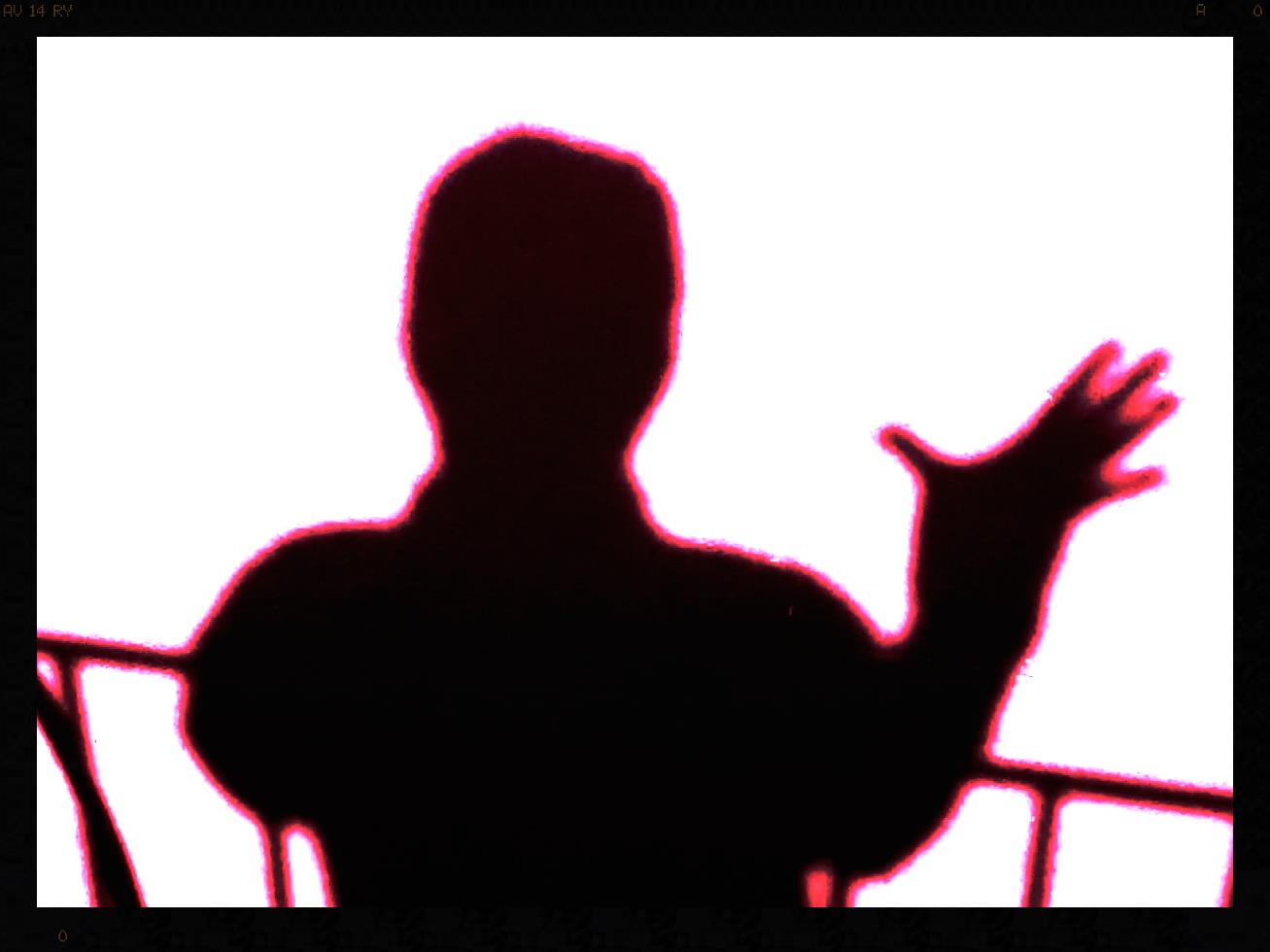MUSIC FOR SOLO VOICE
NO BRIGHTER SUN : NO DARKER NIGHT
The text I’ve written for these songs is a paraphrase and update of the poems that form Mahler’s Kindertotenlieder.
The idea for this work came to me when I was in Lesotho in December 2008 for the second time in 2 years, accompanying my wife who was working as a doctor in an HIV/AIDS clinic. I’ve experienced firsthand the situation in a country that is at the bottom of the world economic scale, has a disastrous rate of HIV infection and a country whose population has essentially been left to die by the rest of the world. Children of course are hugely affected in many different ways. The texts represent something of my experience there.
This recording is sung by Siri Olesen, with "virtual" tracks.
THE SUN IS SO THERE
This song was written for Christine Duncan and electronics for the PHH!K Songs project. (More info and solo songs on the PHH!K page) The texts for the songs were written from a very limited vocabulary- the 100 most common words in English, with 27 proto-language roots and some modern science words .
"Peter Hannan’s cosmic tune about the evolution of memory and the birth of stars emerges from squelchy electronic beats and a lachrymose harmonic loop of Baroque provenance. Singer Christine Duncan completes the illusion of intimate thoughts filling a vast space." Globe and Mail April 22, 2005
(from PHH!K SONGS ART 032 )
ESCALATOR TO RUSSIA
For solo voice and electronic tracks was commissioned by Marguerite Witvoet in 2000. Marguerite is a multi-talented musician that I have worked with for years. She’s a virtuosic keyboard player, and first rate musical director- she’s been involved in the musical direction of my 3 operas. She’s also a very creative singer, and it was a special opportunity to be able to write a solo work for her. Marguerite wrote the texts, based on dreams she’s had. All the sounds in the prerecorded part of this piece are made from Marguerite’s voice. I can’t help thinking that this makes the piece like one of those stores where everything in it is , say, made out of turkey, but on the other hand, a certain cohesion in the sound world of the piece results.
DOWN ON LOGAN
For solo singer, violin, clarinet, and piano, was commissioned by Groundswell in Winnipeg 1992. On March 9,1988 JJ Harper was killed in an incident involving police officer Robert Cross. This event raised many questions about racism, particularly in the police force of Winnipeg. This and other incidents of racism against the native population provoked such public revulsion that the Manitoba Aboriginal Justice Inquirywas established to try to come to terms with the problems of racism in the justice system. Despite these efforts, there is little feeling of peace or resolution about the events of the night of March 9, 1988. This remains a tragic story of an utterly senseless death. "Down on Logan" tells of the events of that night in words and music.
‘Down on Logan , written in 1992 by a Vancouver composer Peter Hannan, is scored for voice, violin, clarinet and piano. In words and music it tells the story of the night of March 9, 1988, when native leader J. J. Harper was killed by a policeman in Winnipeg. The musical elements are simple, with lots of Philip Glass-style repetitions. But the piece - a scathing indictment of a racist police force and society - is painfully ironic. The repetitions of text invoke the style of aural tradition, as if trying to enshrine Harper as a folk hero. But his tragic death made the role of victim his only possible place in history and legend." Globe and Mail March 4, 1996
‘The highlights of the evening were the two longer pieces by Peter Hannan. Air, for violin and synthesizers, provided Marc Destrubé with an opportunity to display his own rich tone and considerable virtuosity. The second part was particularly impressive:, possessed of’ enormous rhythmic impetus, with pounding interjections from the keyboard underpinning an increasingly frantic hoedown-style violin - a sort of Igor Stravinsky meets Don Messer. The final work, Down on Logan for voice, violin, MIDI wind and piano, was, the composer tells us based on the March 9, 1988, shooting of J.J.Harper, a native, by a Winnipeg police officer. 1, for one, was totally unprepared for the emotional power of the music: from its aggressive opening instrumental passage this work grips the listener relentlessly. The cold, wintry second section, with the voice’s impersonal ostinato of "March 9, ‘88, 2:38 a.m." was chillingly effective, as was the more relaxed, jazz-influenced narrative of the third section. The shooting itself was graphically illustrated with more violent, motor rhythms, before the hauntingly elegiac description of Harper’s death in hospital. In the closing section, the text, previously lucidly intelligible, becomes incomprehensible, as repeated individual syllables of words become the focus of the vocal line; the sense of inarticulate rage and frustration over the senseless waste of human life is inescapable. The stunned silence which greeted the end of the work was mute testimony both to its power and to the conviction and intensity of the performance. Down on Logan is one of the most remarkable new works I have heard in a long time, and demonstrates that contemporary music can still move and disturb.’ Victoria Times Colonist Feb. 12, 1995
